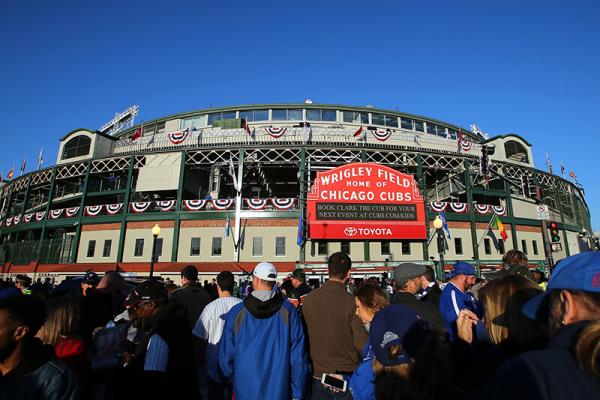Oct 28, 2016
For decades, people have milked metaphors of baseball and religion beyond what they are worth. It’s not illegal, though there should probably be a special place in hell for those who claim to see the Trinity in baseball’s rule that three outs end an inning, or that the ballpark is a “cathedral.”
The truth is, we can go deeper.
Read the Full Article

Already a subscriber? Login
